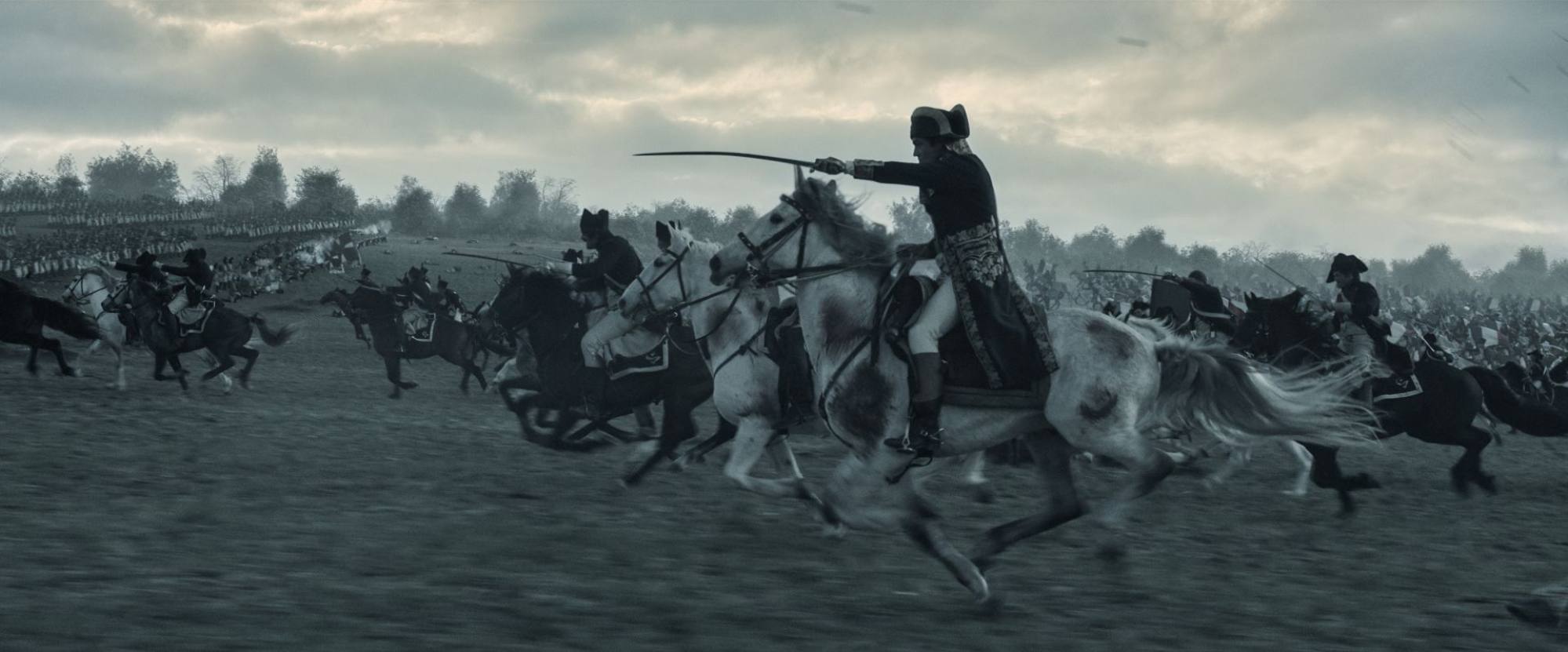
Review | Napoleon movie review: Joaquin Phoenix is the ‘Caesar’ of France in Ridley Scott’s sweeping, blood-curdling historical epic
- Old-school filmmaking at its finest, Napoleon has battle scenes that are jaw-dropping. Equally effective is the portrayal of its hero’s tempestuous married life
- Whether it fully gets under the skin of its title character is debatable, but Phoenix delivers a powder-keg performance, aided by a stellar supporting cast
4.5/5 stars
“I’m not built like other men,” says Napoleon Bonaparte early in Ridley Scott’s grandiose, blood-curdling epic. The Corsican who becomes Emperor of France in the late 1700s is indeed that rare thing: a leader fired by his ego and a desire to conquer.
Scott’s film – in which Napoleon is played by Joaquin Phoenix in a true powder-keg of a performance – traces his rise through the military to emerge as one of the most powerful figures in European history.
The director of Roman epic Gladiator and Crusades tale Kingdom of Heaven knows how to stage spectacle like few other directors. The battle scenes are jaw-dropping, from cannonballs tearing through flesh to soldiers slipping into freezing water during the infamous invasion of Russia.
Dariusz Wolski’s cinematography has the quality of a Constable oil painting at times.

What surprises, however, is how well the emotional battleground plays out. Early on, Napoleon meets Josephine (Vanessa Kirby), the widowed mother-of-two who will become the love of his life.
The detail in their courtship is splendid, as Napoleon rubs his sweat on the missive he writes her and even yanks her chair to be by his side. His lovemaking is similarly brutish, as he attempts without success to sire an heir, while jealousy courses through his veins when he discovers she takes a lover whilst he is on a campaign in Egypt.
With Scarpa’s elegant script spanning two decades, it’s both easy to get swept along in the majesty of Scott’s images and lost in the politics of the era.
Only when Rupert Everett’s snarling Duke of Wellington emerges, muttering that Napoleon is “vermin”, is there a well-rounded antagonist to match the might of the film’s titular warmonger.
Yet Scott frequently finds a way to prick the pomposity of his protagonist; when Napoleon sits on a throne in a room overrun by pigeons, he is assaulted by a cavalcade of droppings.

Quite whether the film truly gets under the skin of Napoleon, and looks at what makes him tick, is debatable. But Phoenix is resplendent as the “Caesar” of France, his refusal to undertake a French accent a wise choice.
Alongside him, Kirby is a resolute Josephine. And largely European support – Tahar Rahim, Ludivine Sagnier and Julian Rhind-Tutt among them – impress among a cast of thousands.
This is sweeping old-school filmmaking at its finest.

 (1).JPG?itok=0BHk6odg&v=1665981271)